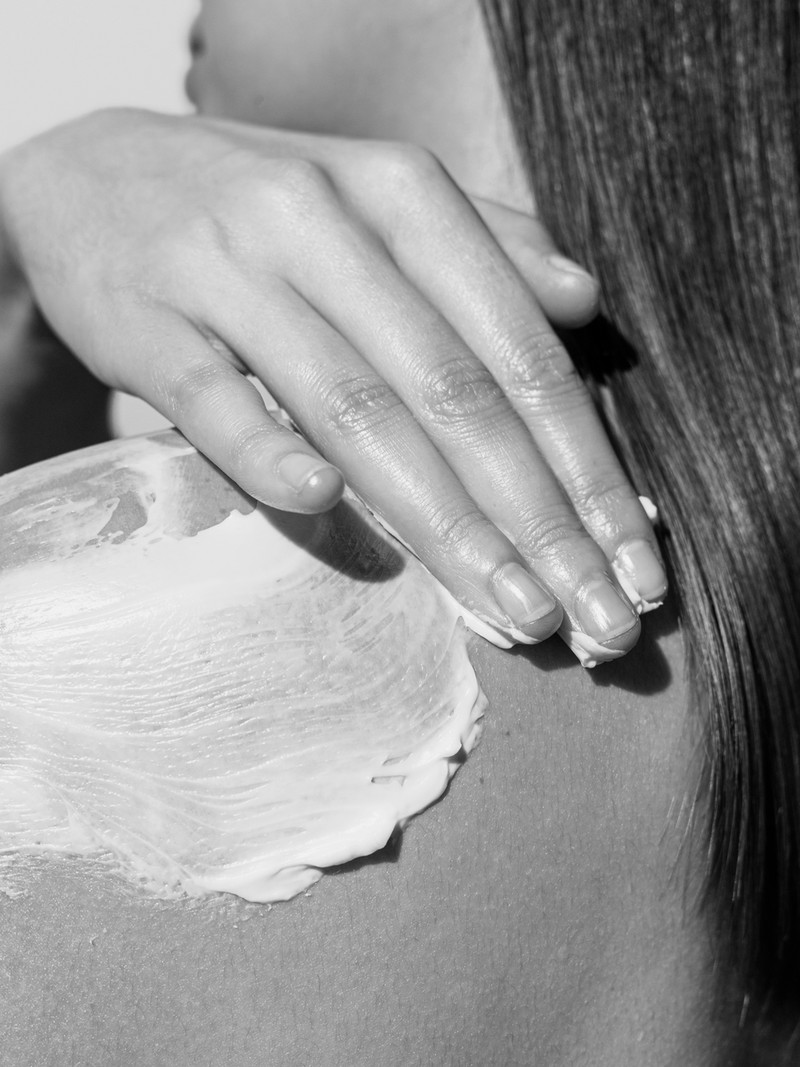The Bodycare Products That Make A Difference
The Clever Cleansers
If luxury skincare is your thing, you might be pleased to know you can now show the skin on your body the same level of meticulous care you give to your face. Augustinus Bader’s The Body Cleanser not only contains the brand’s signature TFC8 technology – designed to aid optimal cellular renewal –it’s powered with the same amino acids, vitamins and peptides you’d expect to find in the brand’s face and haircare. In clinical and user trials, skin hydration was improved by 128% while 100% of users agreed that irritated skin felt calmer.
If your mission is to clear clogged pores and smooth bumpy skin, you need to start in the shower. Loaded with encapsulated exfoliating acids to gently resurface skin while cleaning it, Naturium’s The Perfector Salicylic Acid Body Wash offers an upgrade on your regular shower gel. Fragrance free and designed to maintain the skin’s delicate pH balance, the refreshing gel contains glycerin to hydrate and olive fruit oil to condition. Attesting to its gentleness, it can also be used as a facial cleanser if you’re on a budget or space-saving mission.
The Hi-Tech Creams
Retinol may be old news when it comes to skincare formulations, but bodycare is still catching up. Determined to bridge the gap, Beauty Pie’s latest launch in its excellent Youthbomb range is the Body 360 Repair Concentrate, a silky lotion packed with potent actives and extracts to target sagging skin, sun damage and dryness. Boosted with 2% granactive retinoid and 6.7% AHAs to help refine skin’s texture and 5% niacinamide to restore elasticity, it’s a powerhouse of a product.
Skin barrier has become a beauty buzzword lately, but Dove is one brand that’s tailoring its reparative formulations to encompass bodycare as well as skincare. The newly launched Barrier Repair Lotion is just the thing if your skin barrier is compromised; in other words, if your skin feels dry, scaly, tight or itchy. Containing a 22% barrier-restoring serum – which includes stearic acid, panthenol and sunflower seed oil – it also boasts Dove’s ceramide-restoring serum which encourages skin’s own renewal.
The More-Than-Pampering Oils
CBD has been big news in skincare and wellness circles for a while, and it’s now set to take a leading role in your bodycare routine. CBD brand OTO’s Sleep Soundly Bath & Body Oil is a dual-purpose oil infused with 1,300mg of high-quality CBD, calming chamomile, soothing mandarin and grounding ylang ylang, all chosen for their anti-stress properties. Chamomile contains apigenin, an antioxidant that promotes sleepiness and reduces insomnia, while mandarin moderates the central nervous system and reduces anxiety.
Although the ancient Japanese art of forest bathing (a mindfulness ritual that uses nature to induce calm) has been proven to alleviate stress, it’s not always easy to put into practice. Luckily, Tatcha’s Hinoki Body Oil delivers many of the powerful benefits without the need to dig out your walking boots. The fast-absorbing, non-greasy oil harnesses the power of an invigorating essential oil blend, which includes grounding cedar and hiba. A therapeutic experience as much as a beautifying one, the silky oil helps to boost wellbeing, promote relaxation and enhance mood as well as deeply moisturise and smooth skin.
The Hardworking Skin Perfectors
For so long the focus has been firmly on the face when it comes to hardworking ingredients and targeted tech, but Dermalogica’s Clarifying Body Spray proves our bodies are just as worthy of specialist attention. Designed as a first line of attack against everything from back breakouts to clogged pores on the chest and even bottom acne, the antibacterial blend of salicylic acid, witch hazel and tea tree oil soothes inflammation and irritation while minimising excess oil and clearing congestion. The easy-to-use mist applicator means that hard-to-reach areas are covered too. Body exfoliators have come a long way since basic salt scrubs and U Beauty’s Resurfacing Body Compound is just the kind of next-generation product destined to shake up our bodycare routines. Possessing the kind of cutting-edge tech you’d normally find in your face cream, the treatment combines proven exfoliators like AHAs, enzymes and flower and salicylic acids with antioxidants, peptides, vitamins and hyaluronic acid to refine skin’s texture, hydrate and restore suppleness. It also works a treat on keratosis pilaris (KP), pesky ingrown hairs and very dry skin. The good news doesn’t stop there; the brand’s patent-pending SIREN capsule technology means its intensely reparative benefits are delivered only where needed to ensure maximum efficacy.
SHOP OUR EDIT
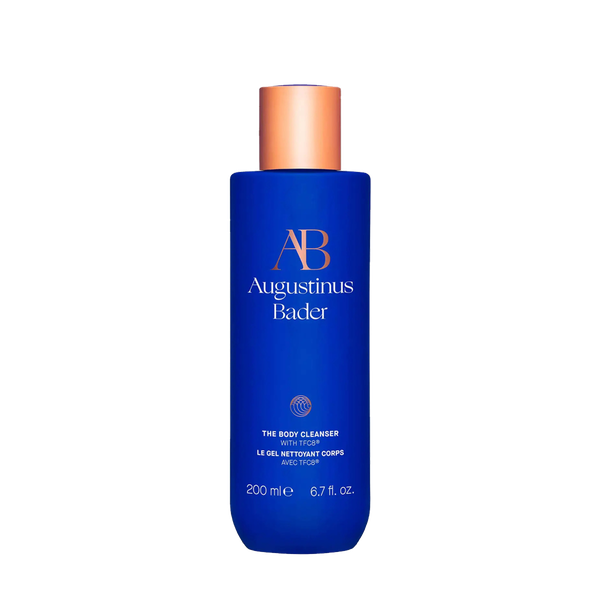
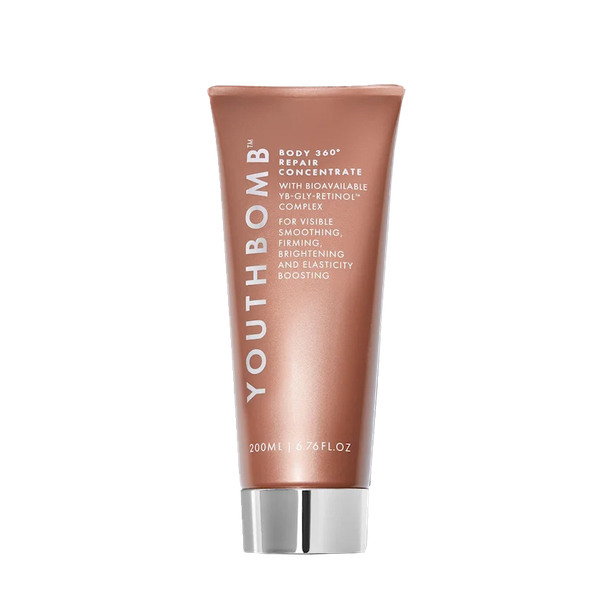
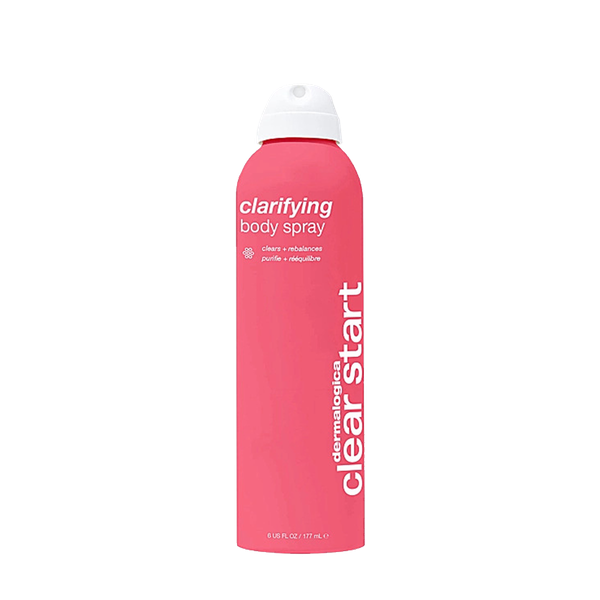
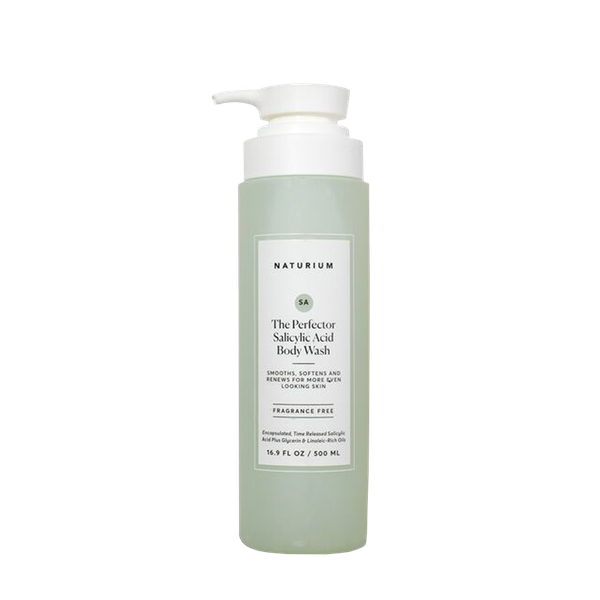
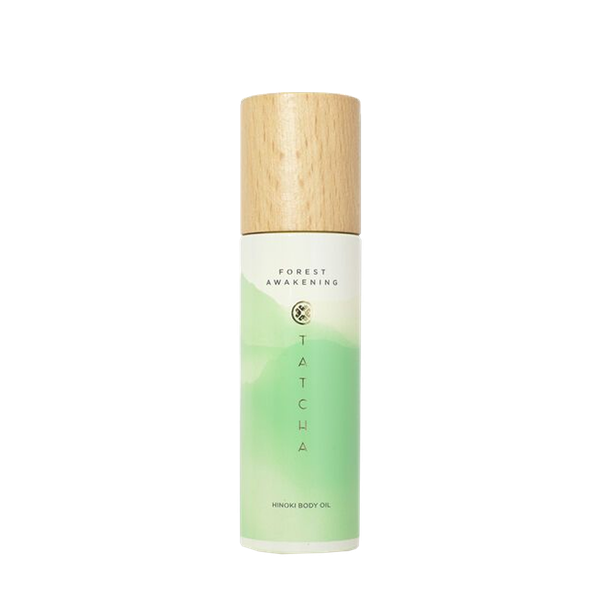
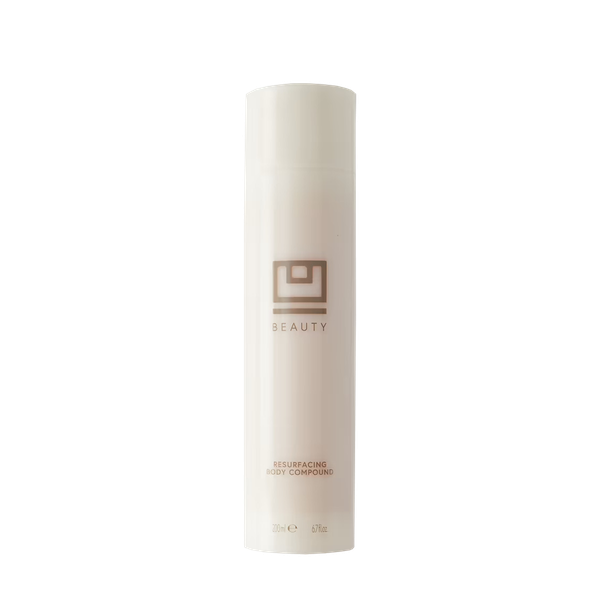
DISCLAIMER: We endeavour to always credit the correct original source of every image we use. If you think a credit may be incorrect, please contact us at info@sheerluxe.com.
